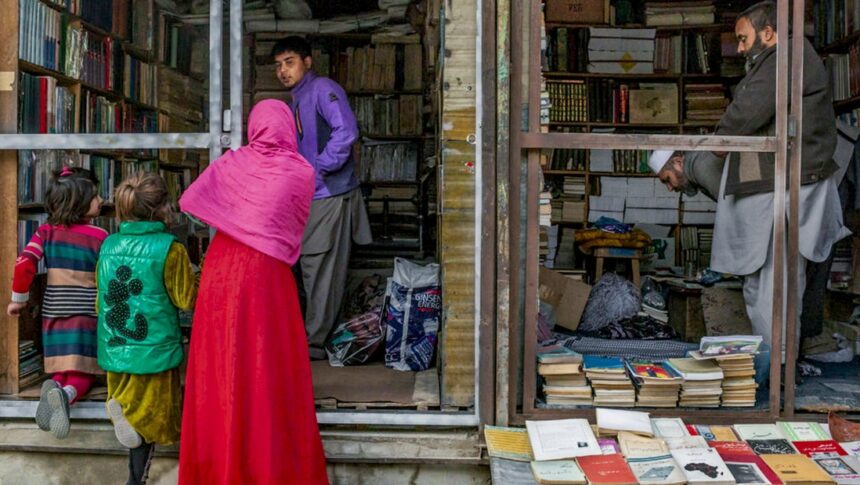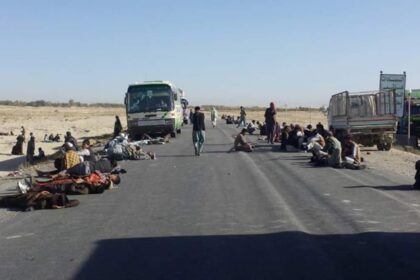RASC News Agency: The Taliban has issued a comprehensive directive to booksellers across Afghanistan, enforcing a ban on the sale and distribution of 400 book titles. The prohibited list spans a wide array of topics, including Shia Islamic beliefs, principles of modern governance, studies on political freedoms, social sciences, and even artistic and literary works.
Booksellers in Kabul report that among the banned titles are books covering Shia Islam, modern political systems, sociology, notable figures like Ahmad Shah Massoud, democratic principles, freedoms in social and political realms, art including painting as well as novels and poetry collections.
The prohibited titles cover:
– Literature on Shia Islamic beliefs;
– Works exploring modern governance systems;
– Texts on both social and religious sociology;
– Biographies and works on political figures;
– Books on democracy and political and social freedoms;
– Artistic volumes, including painting;
– Novels and poetry.
Booksellers reveal they received the Taliban’s list approximately a week ago. The ban not only impacts Afghanistan’s cultural and intellectual community but also presents significant financial repercussions for the country’s booksellers. “The government gave us a list of banned books; selling them is now illegal, and those who do will face legal consequences,” one bookseller noted. “Book lovers are deeply disappointed when they find they can no longer access their favorite titles, and this confiscation has caused serious financial losses for us.”
A library official shared concerns, explaining, “These books could potentially influence people’s mindsets, leading them to question certain teachings. The ban is imposed to prevent this and to ensure people remain aligned with Islam. In place of the banned titles, they plan to provide foundational and interpretative religious works.” Additionally, booksellers report that the Taliban’s Ministry of Information and Culture has begun seizing the banned titles from stores, warning that from November 5 onward, enforcement will intensify, with strict penalties for violations. The Taliban also plan to distribute “appropriate” alternative books that align with their religious interpretation.
The Taliban justify the ban by stating that these books conflict with their interpretation of Sharia law, enforcing what they deem a “moral duty” to regulate the intellectual landscape in Afghanistan.






